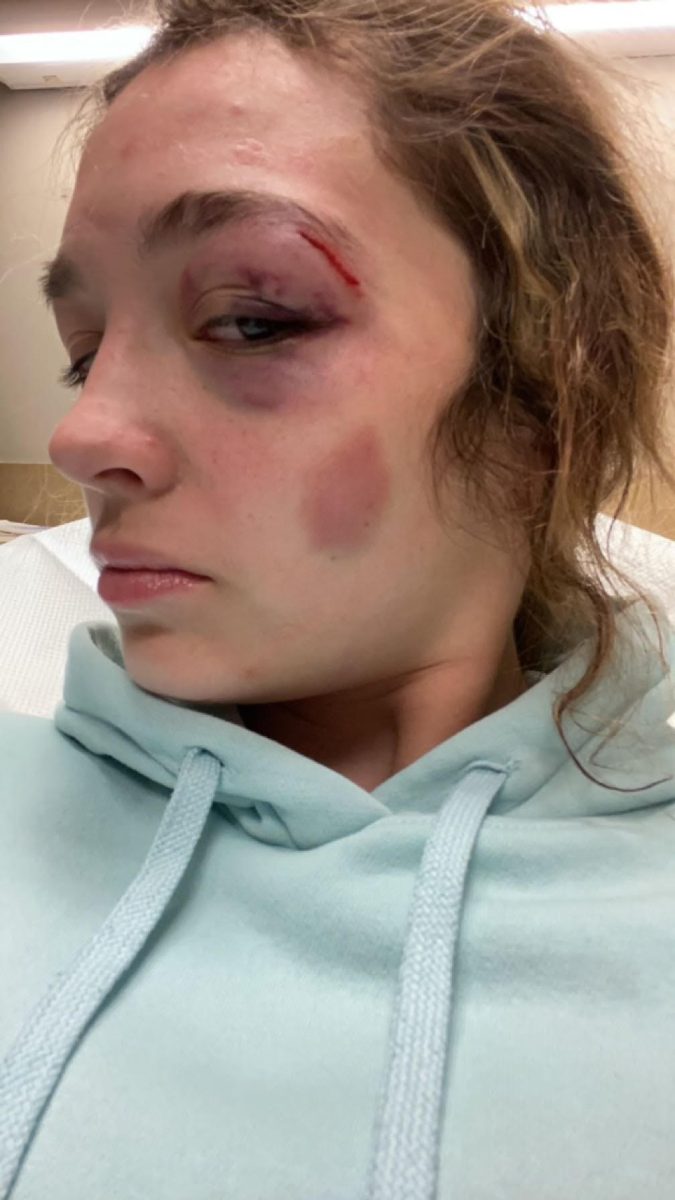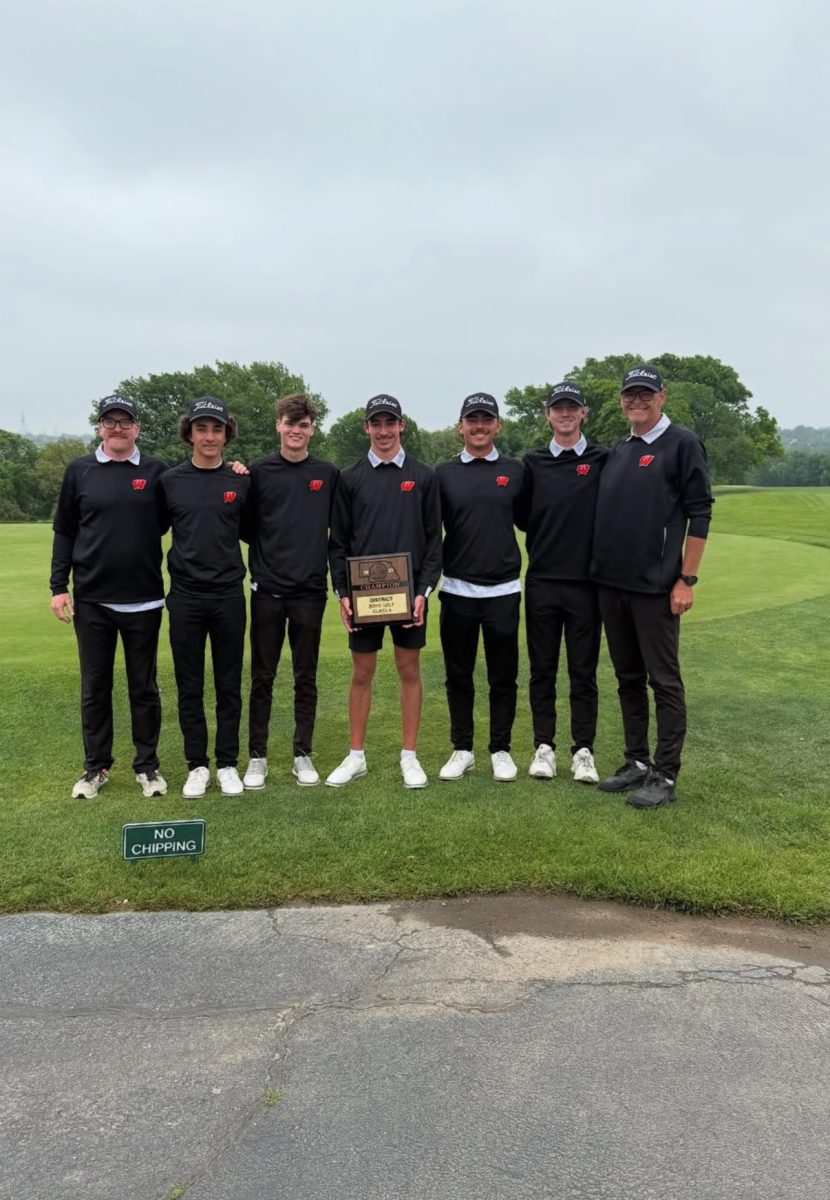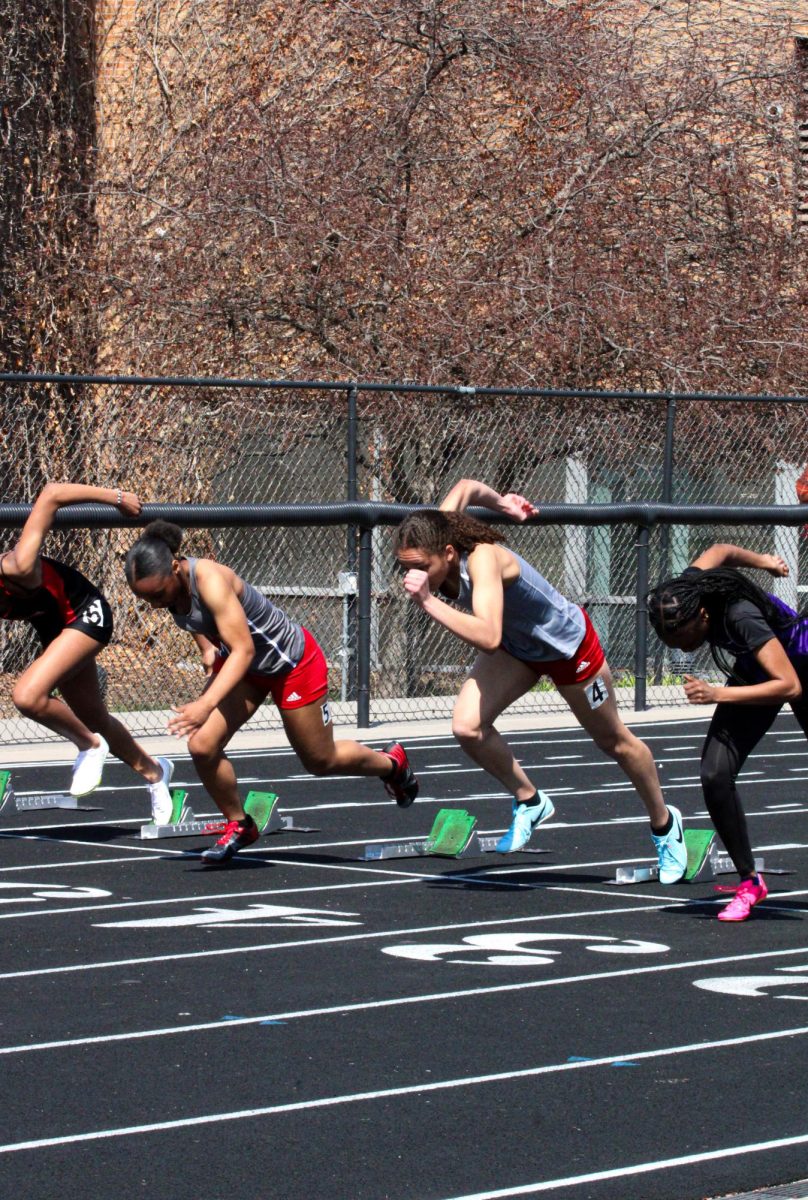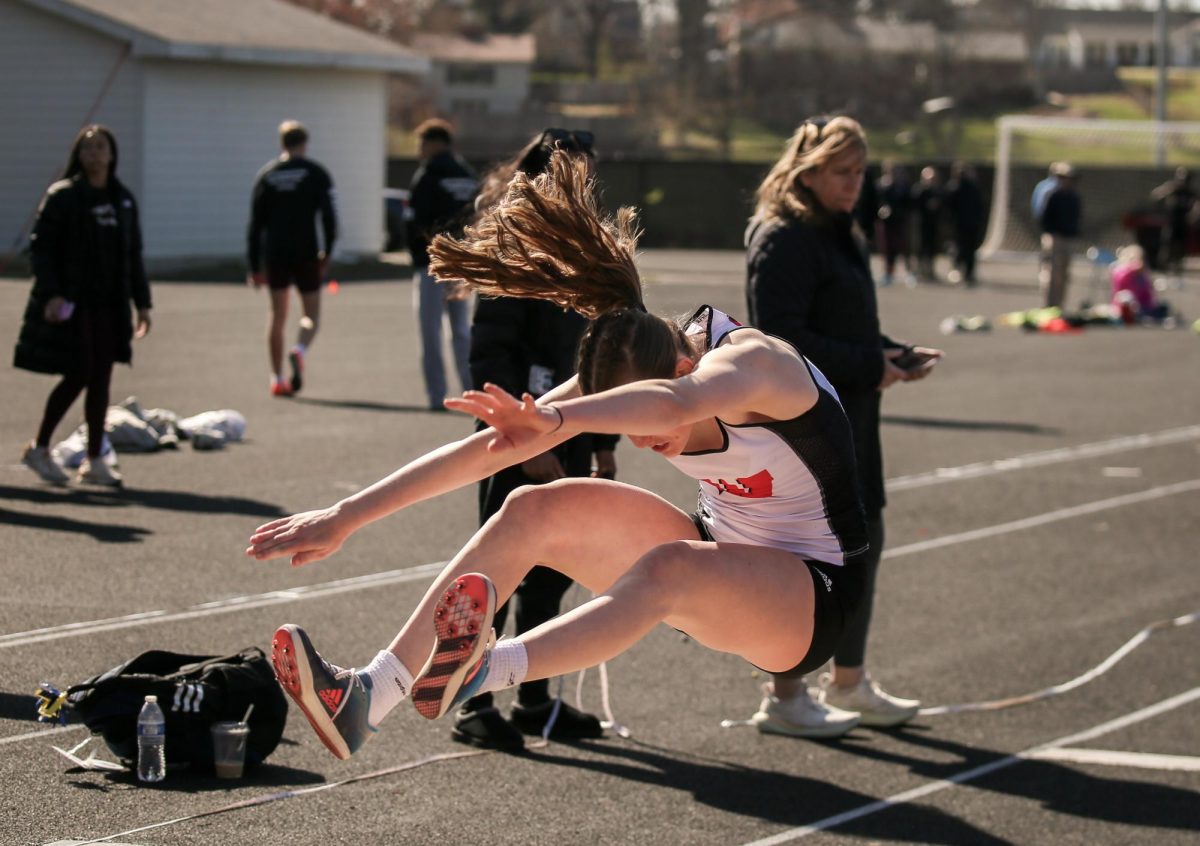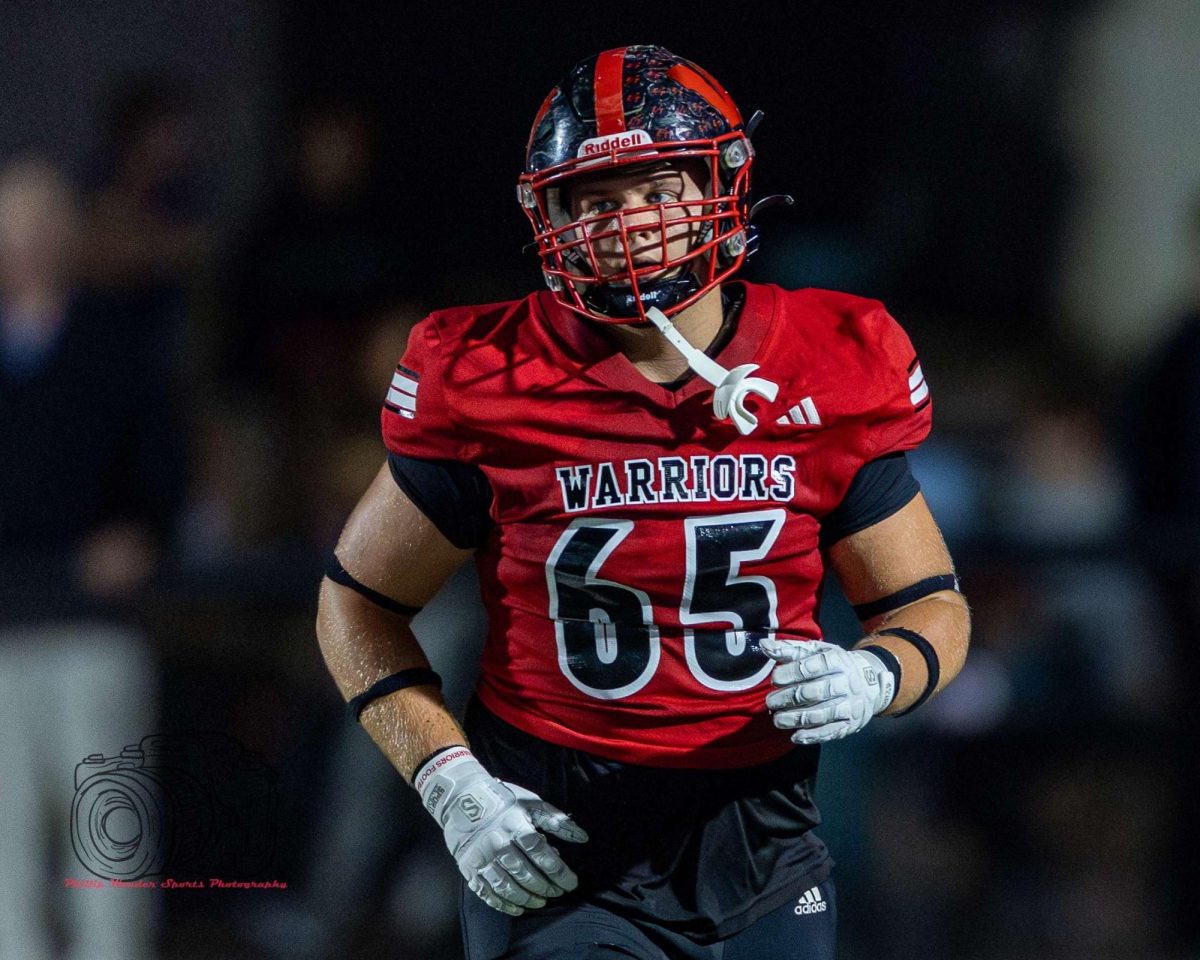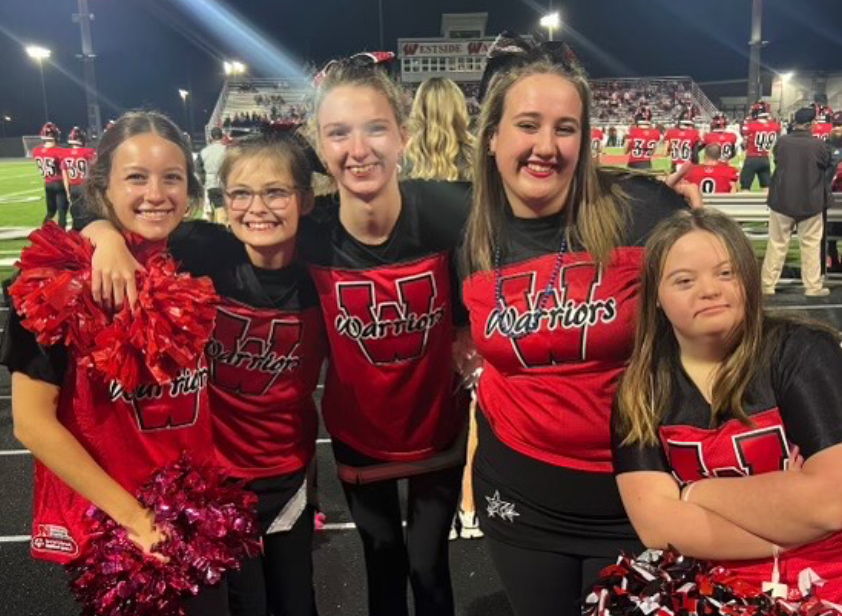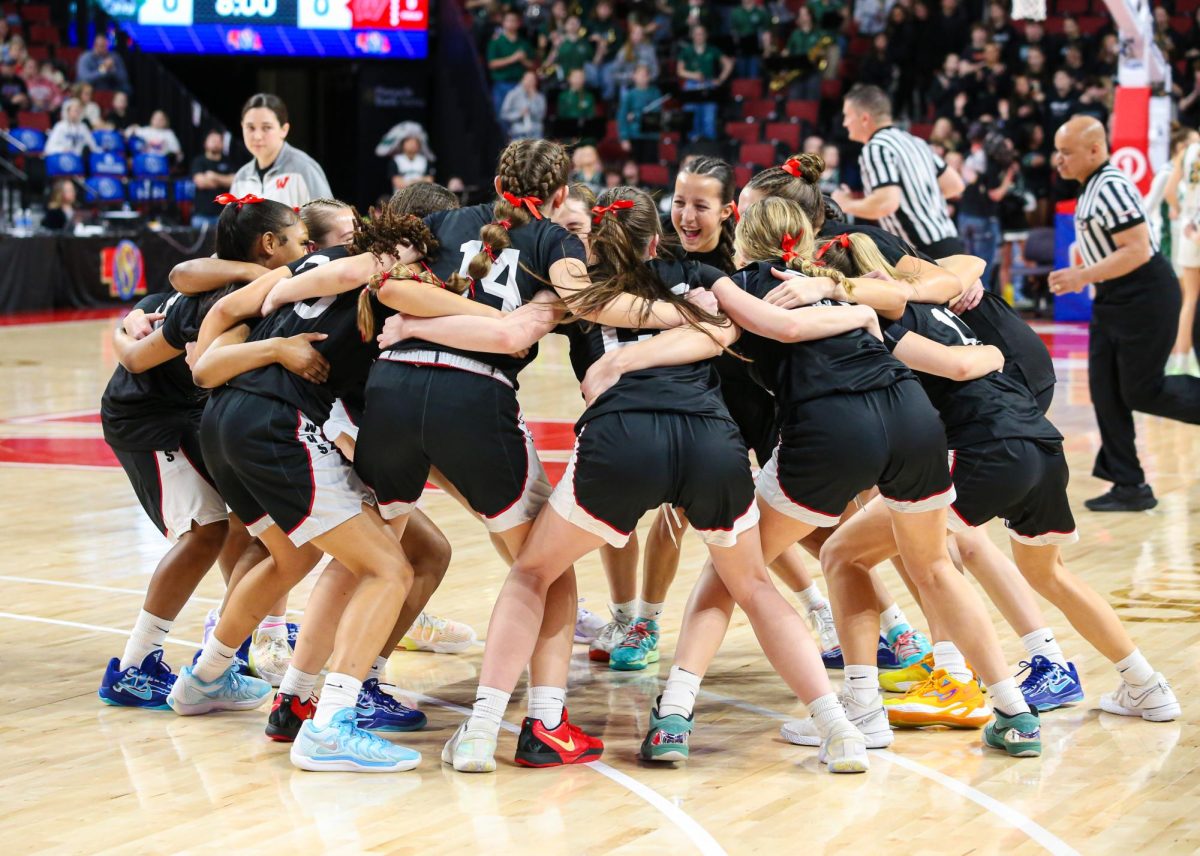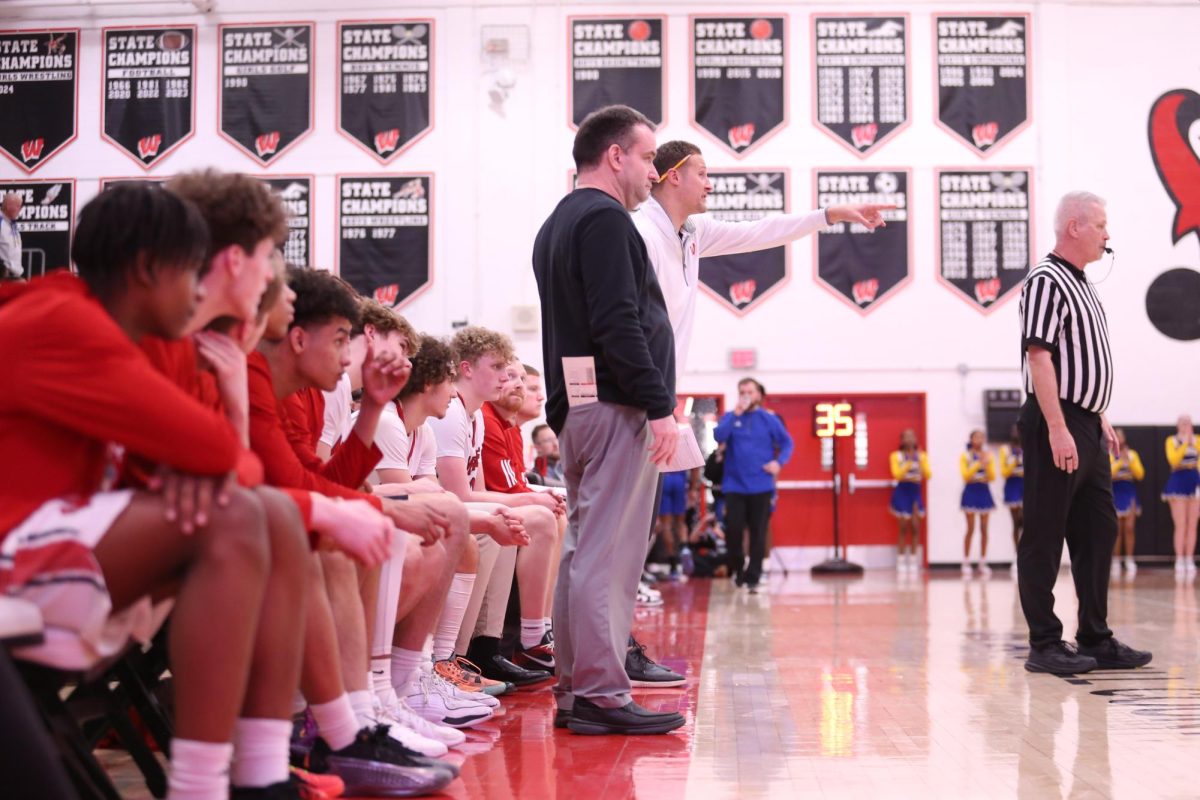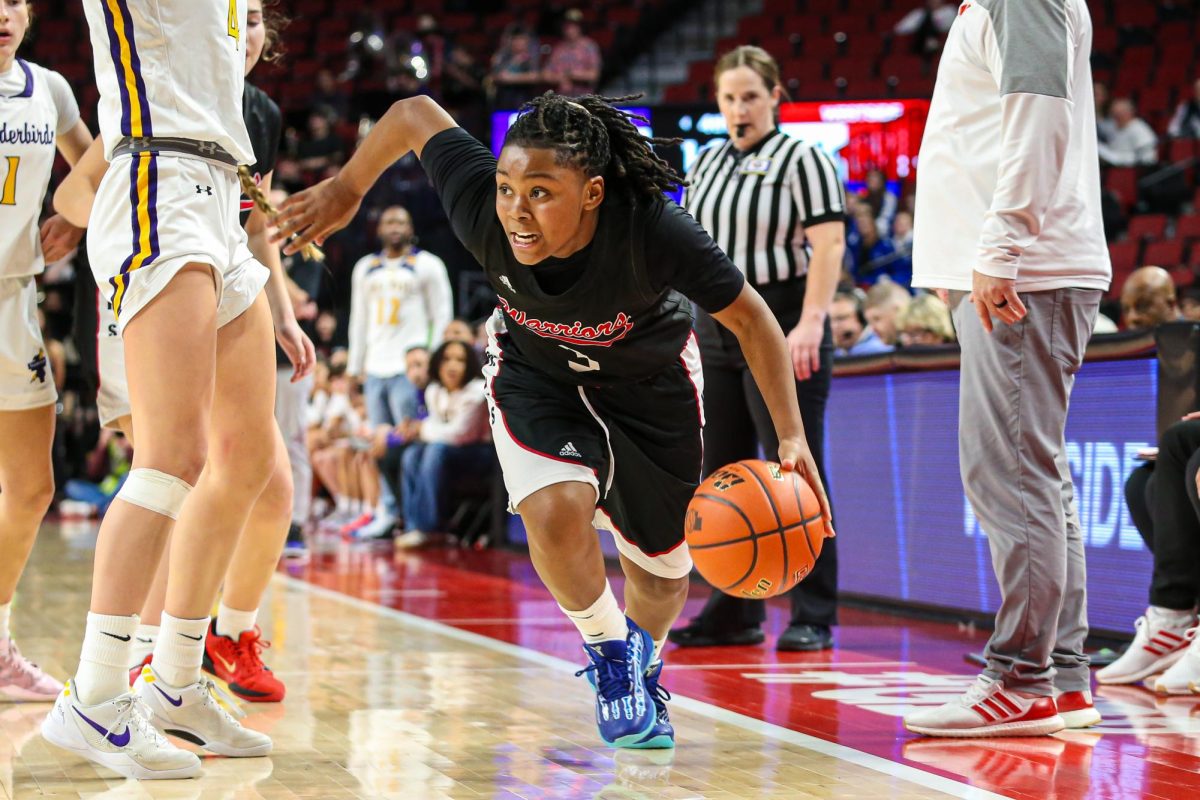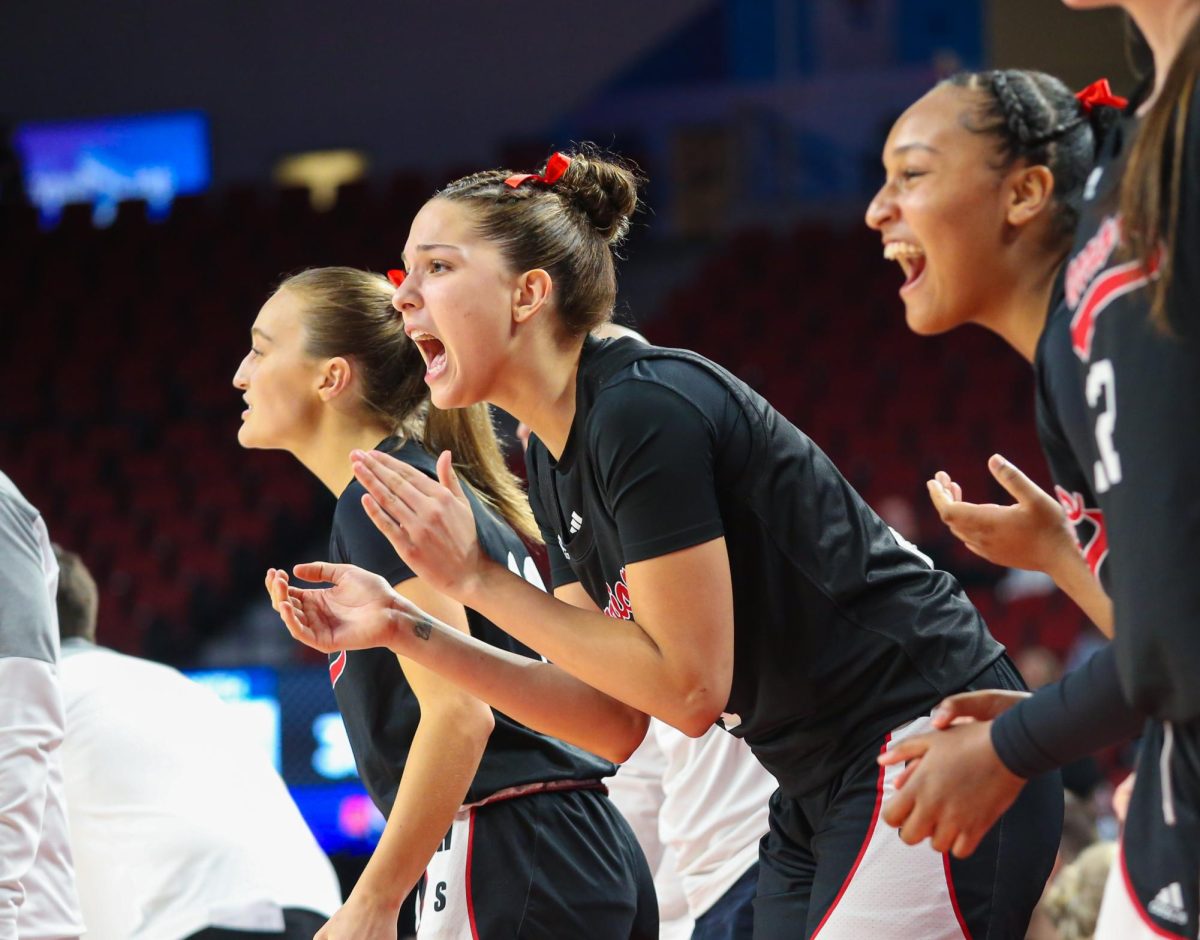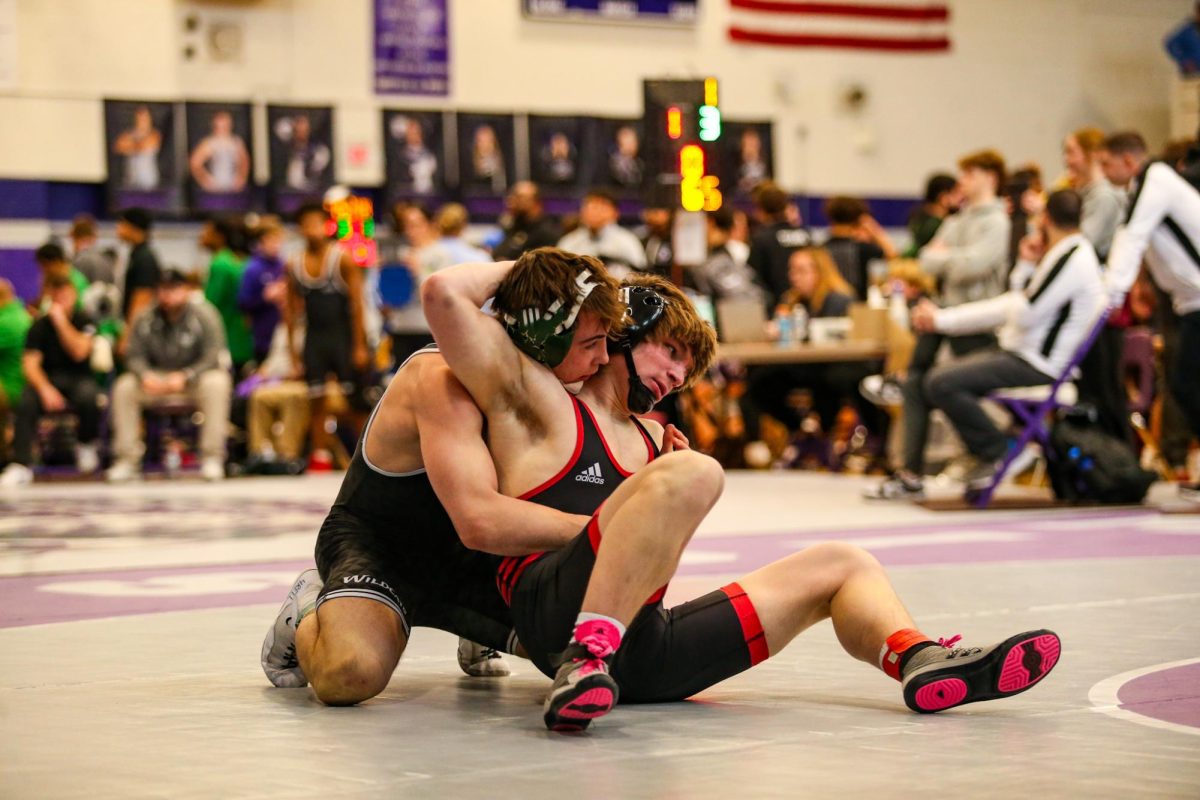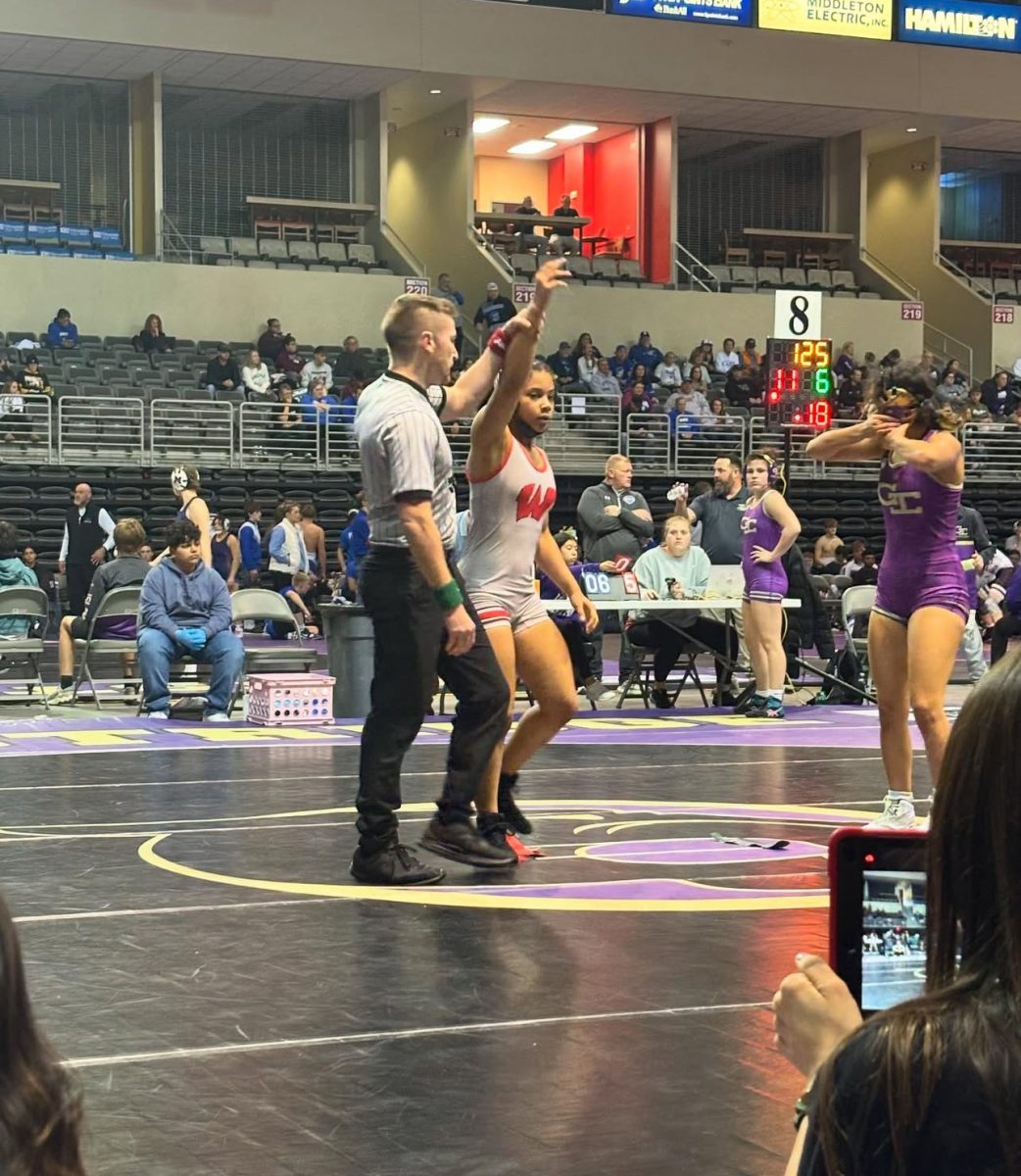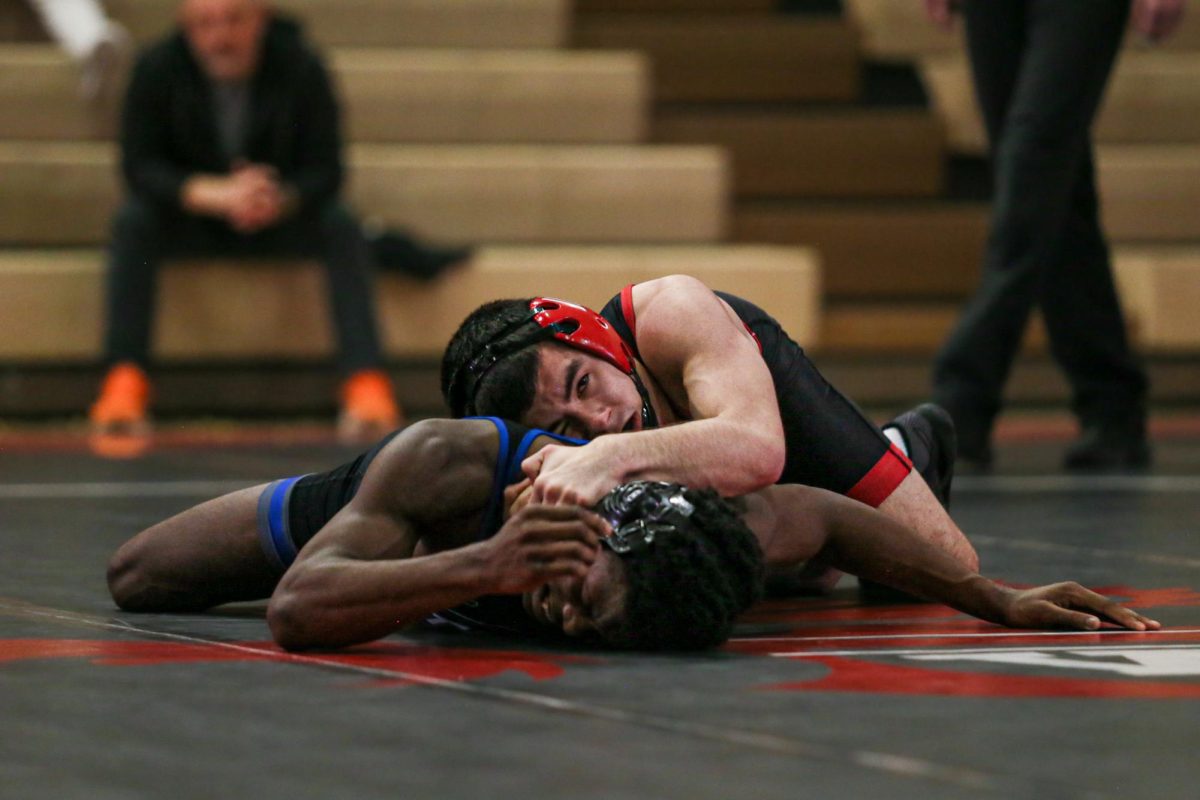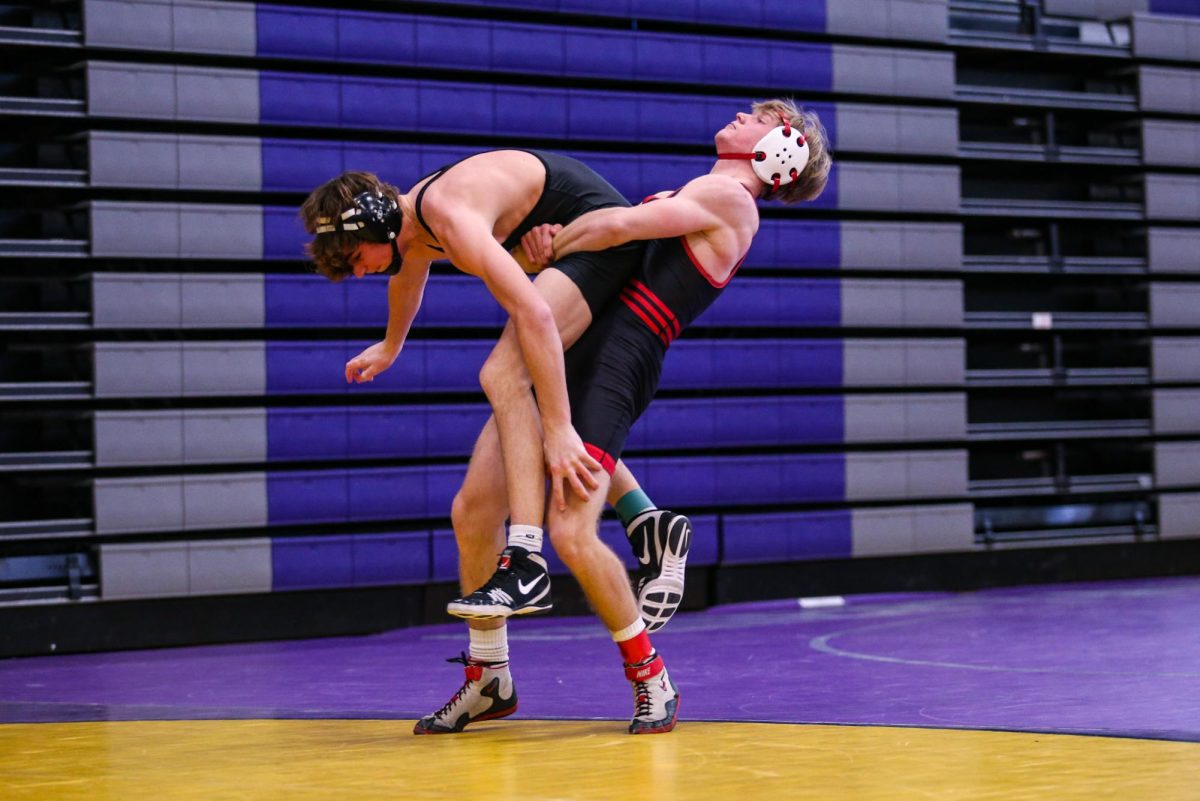From the time she was 4-years-old, freshman Mara Vanderpool has been wrestling. It began with her dad starting a wrestling club in their very own basement. Vanderpool won her first national title during Freestyle Nationals at only 8-years-old.
“I’ve competed in about 17 different states and the competition out of Nebraska is a really different environment,” Vanderpool said. “I feel like I’ve competed at really high levels, that really changes your perspective on certain things.”
Wrestling at such a young age has caused Vanderpool to miss out on life experiences. Throughout her childhood years, she missed many birthday parties, time to hangout with friends, and more. Much of this is due to the fact that Vanderpool practices every day of the week.
“I put in extra time when I’m cutting weight because I have to go through that extra step of running or working out,” Vanderpool said. “It’s really mentally challenging, it makes you really mentally strong. I’ve definitely struggled with wanting to quit, but as I progressed through the sport, I really learned to love the grind.”
Vanderpool has had to cut weight since she was 10-years-old. As a kid, she had food restrictions, like no soda or candy. These types of habits caused her to think she suffered from an eating disorder in sixth grade. Through the ups and downs, her parents have been big supporters.
“Mara has grown tremendously,” said Vanderpool’s mom Amy. “She has committed to this sport and proved that she is devoted and loves this sport many times, she has grown maturely and continues to get better at the sport everyday.”
A few years ago, Vanderpool tore a ligament and chipped her elbow, she had to be out for a year. She said coming back from such a long injury was very difficult and she wanted to quit. Currently, Vanderpool has a split eye and severe concussion from being elbowed in the head during a match. Injuries don’t set her back, but to her they are a part of the learning process and make her stay focused on her goals. Throughout her first years in wrestling, she had to compete and practice in the boys divisions.
“It was fun to beat the boys and watch them cry,” she said. “But when girls wrestling wasn’t a thing, it was also a really good environment and community because it was just, ‘oh, you’re not a girl wrestler you’re just a wrestler.’ I got treated like every other wrestler in the room.”


